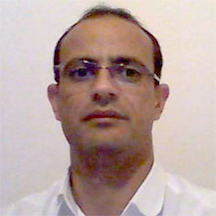Mental health in Tunisia during the Covid-19 crisis
Social restrictions imposed in response to the pandemic and job losses from the economic downturn all take their toll on people’s physical health and psychological wellbeing. This column reports evidence on how the mental health of individuals in Tunisia was affected during Covid-19 crisis.


